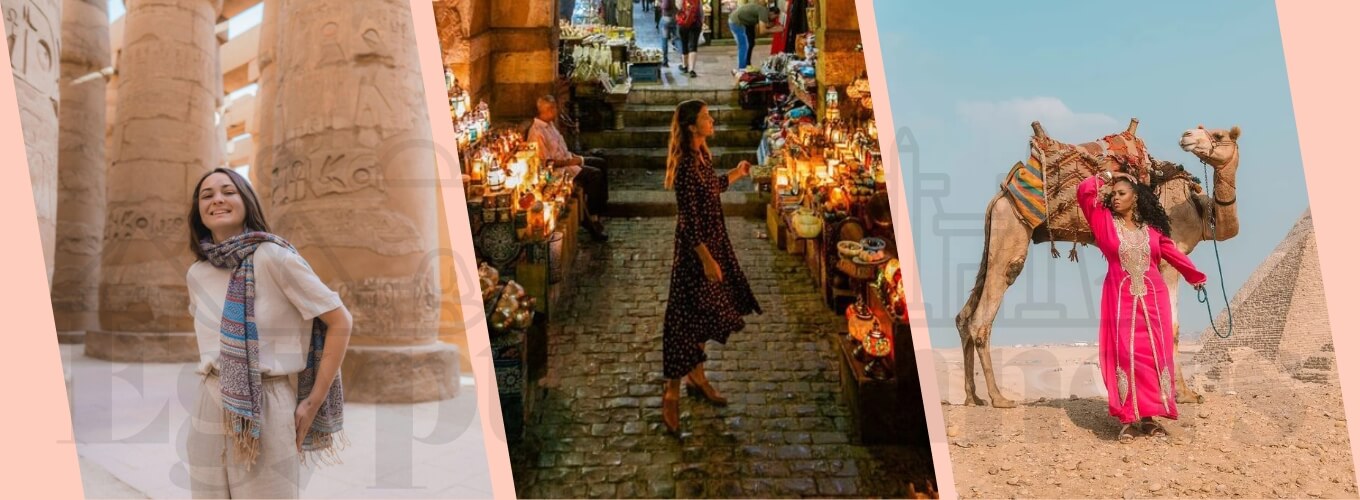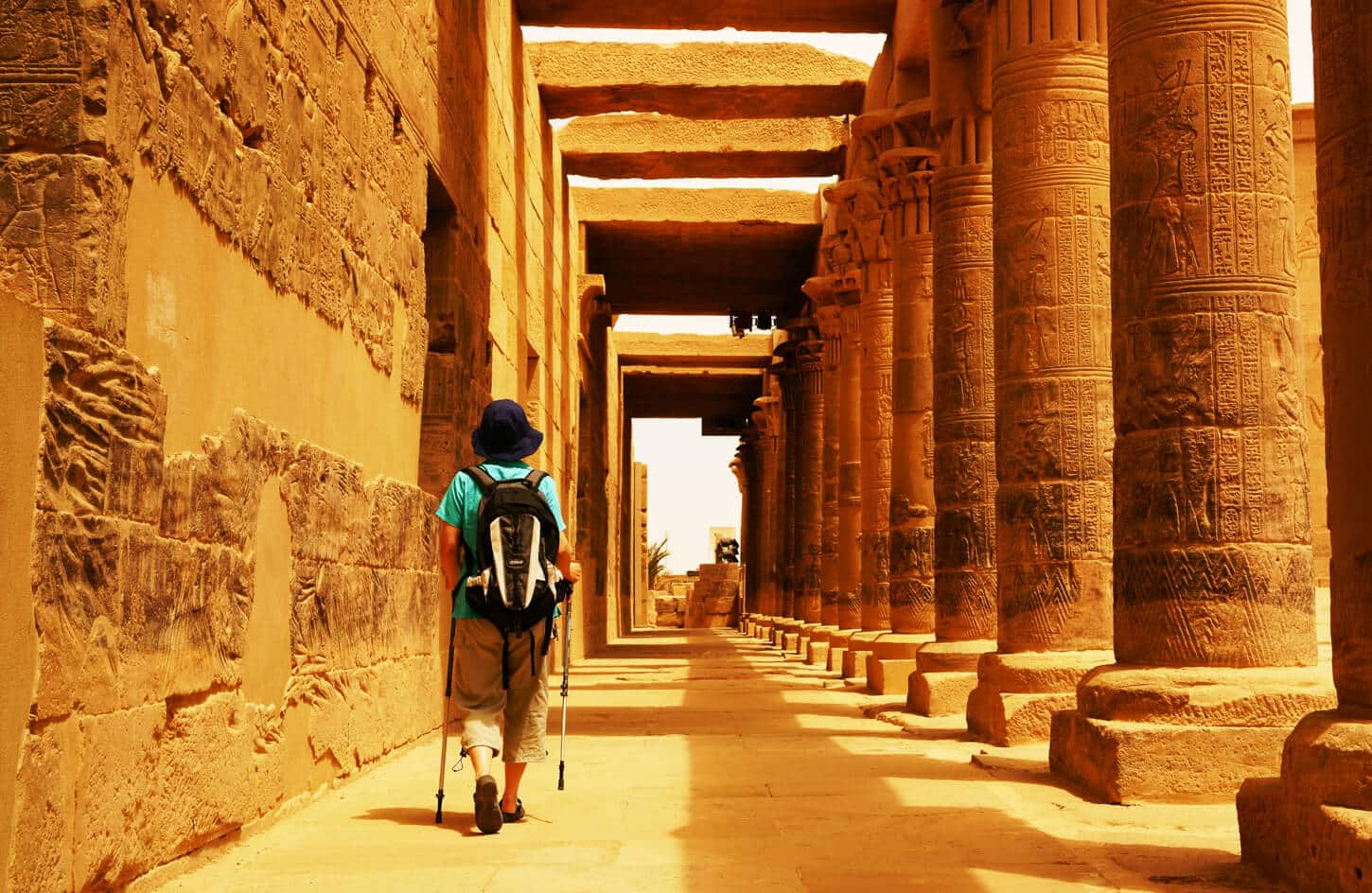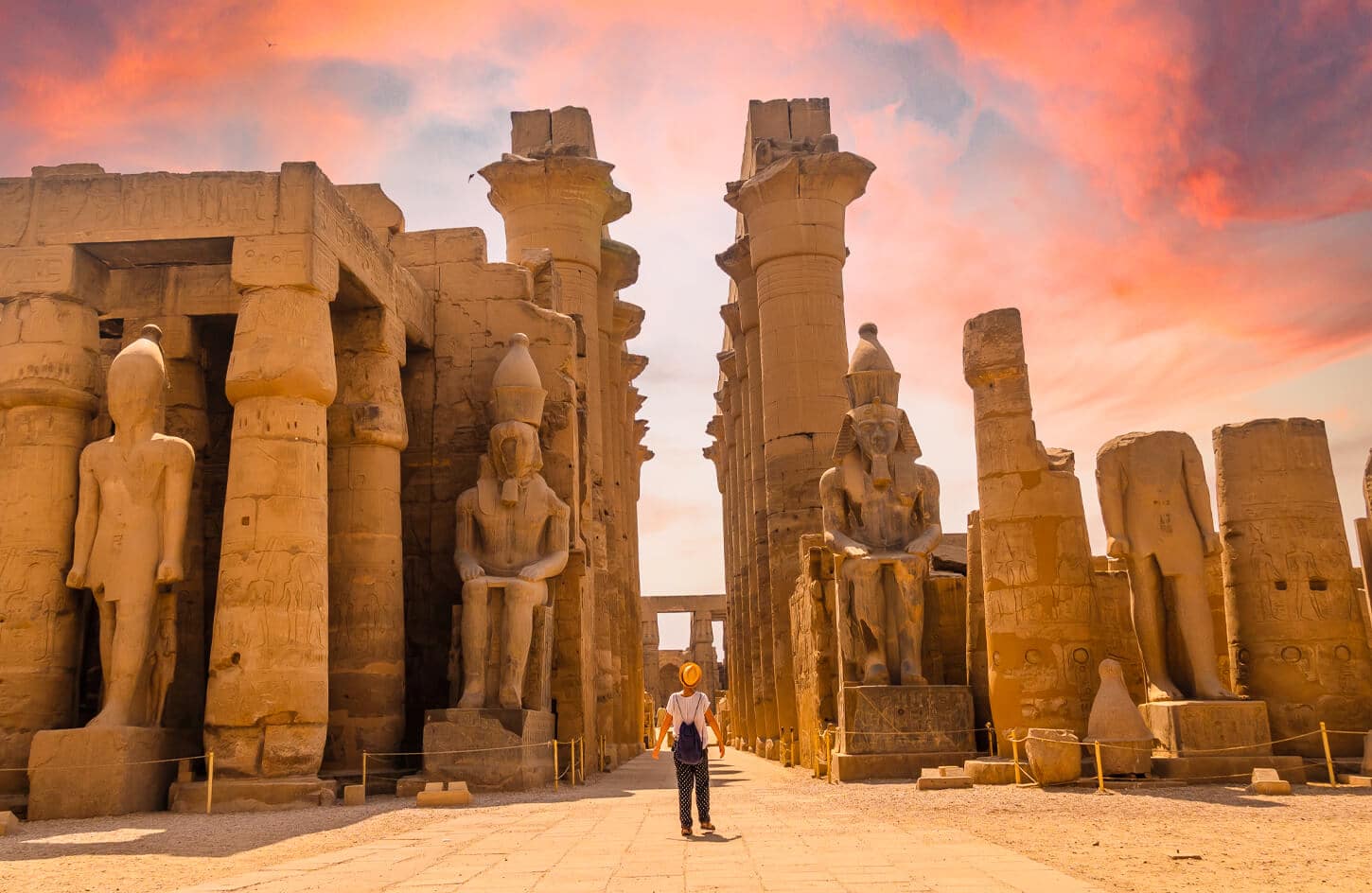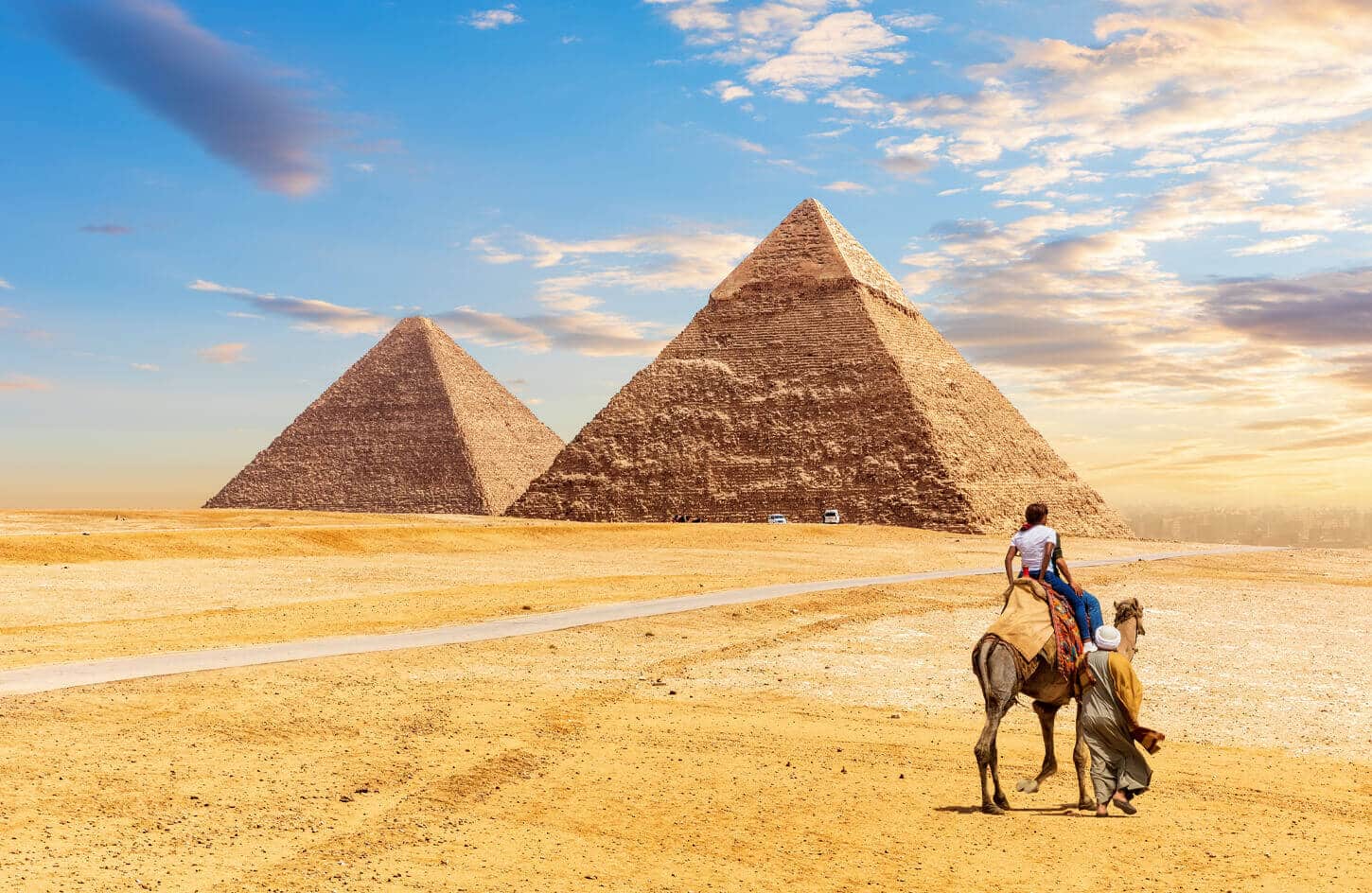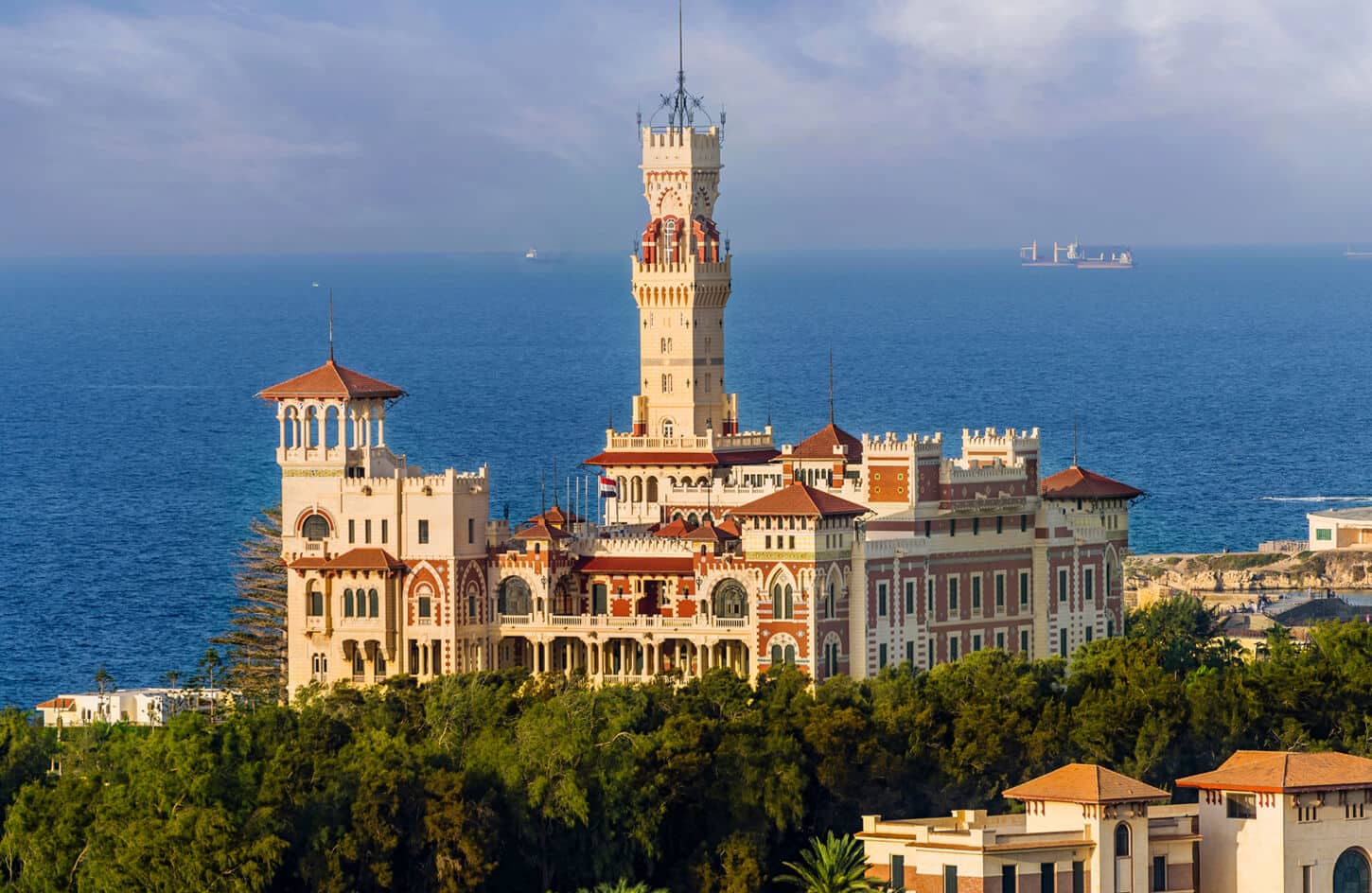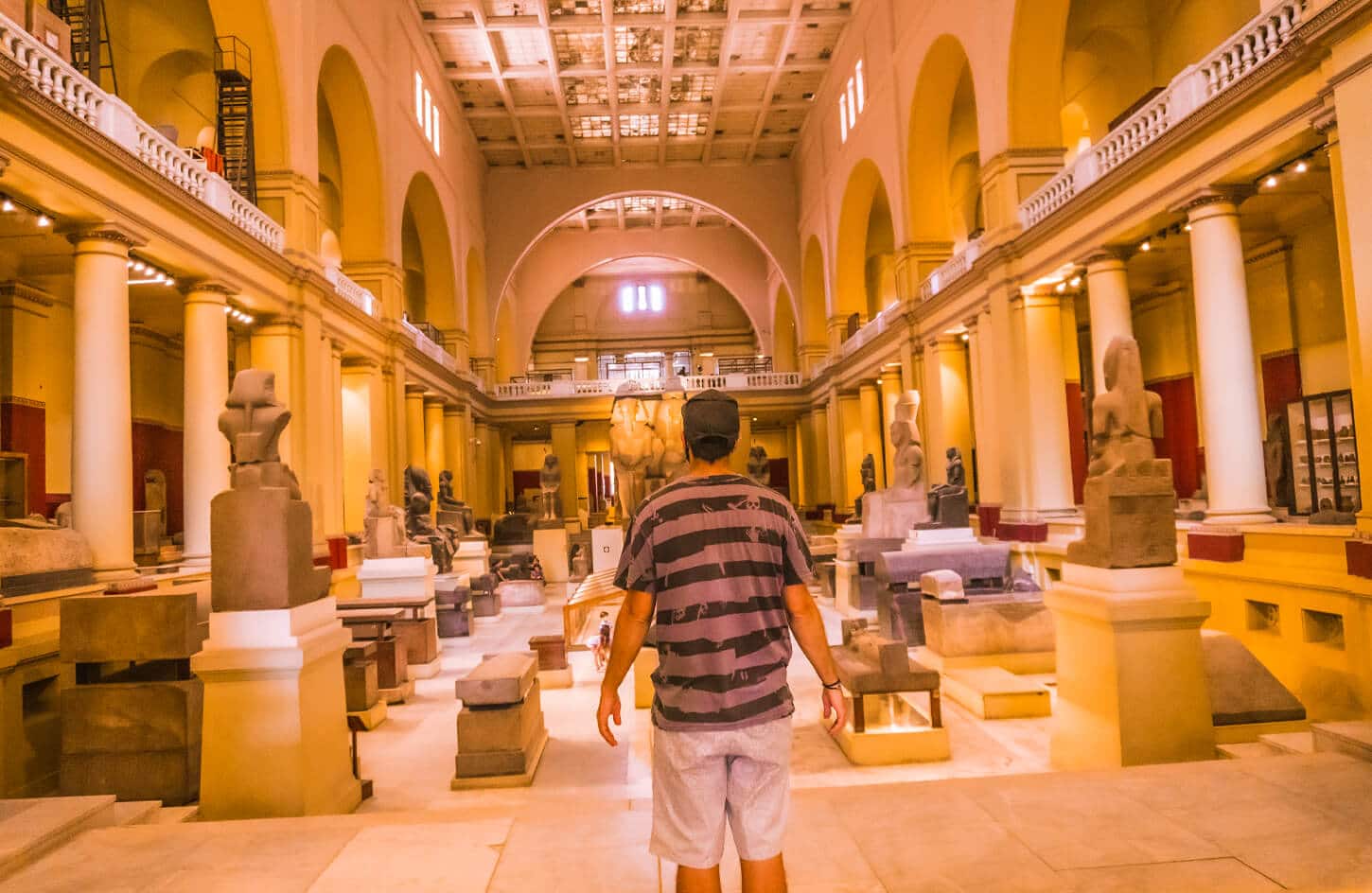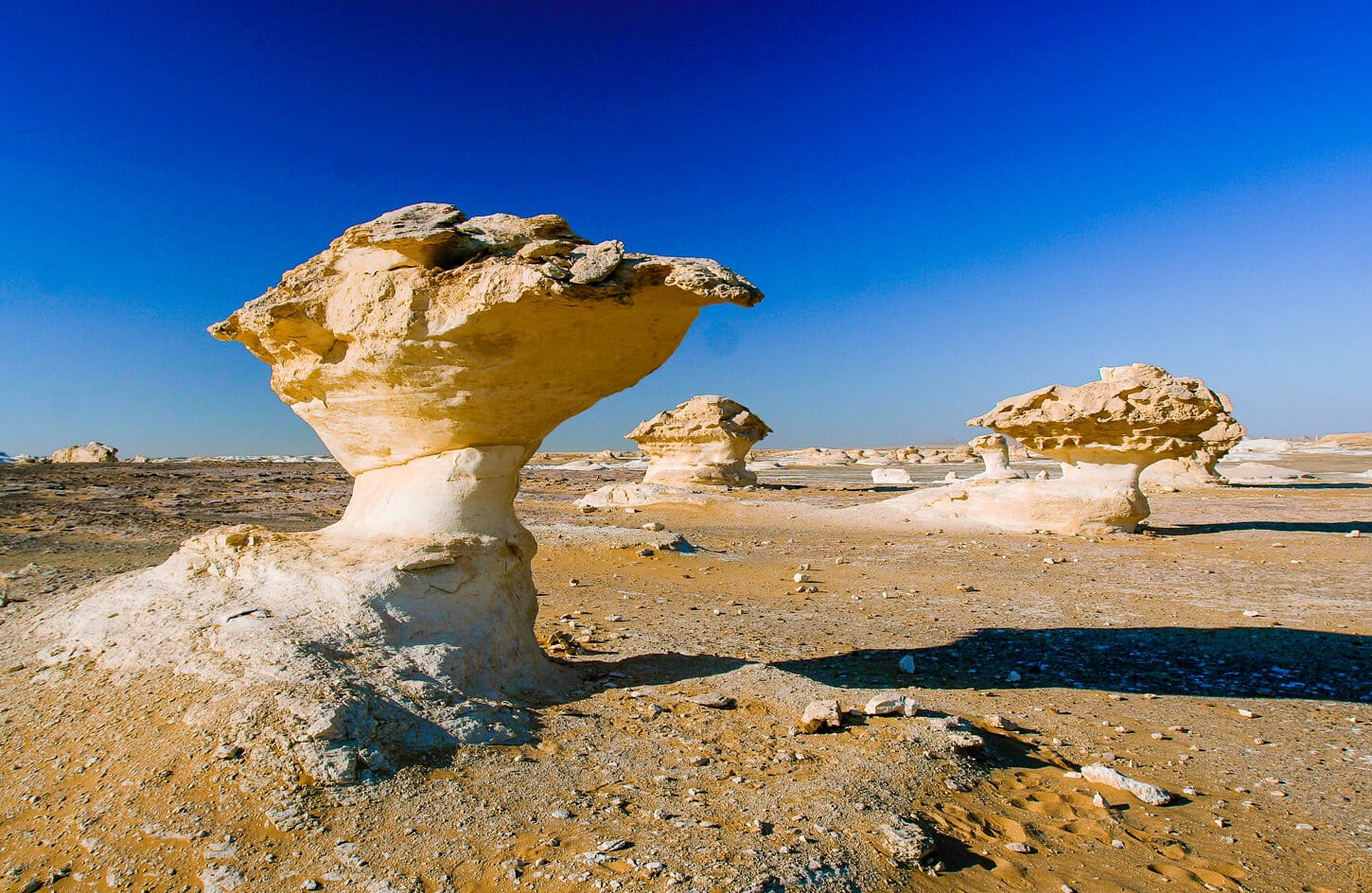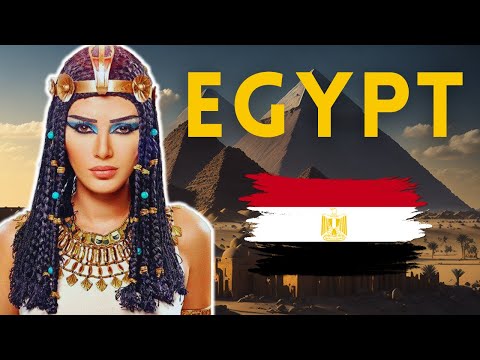Have you ever wondered how ancient Egypt keeps its unique Egypt culture and traditions alive today? From stories of pharaohs and Giza pyramids to lively festivals, Egypt’s heritage shows its people’s strength and flexibility.
This article takes you on a trip through Egypt’s culture. You’ll learn about its friendly people, fun celebrations, and deep religious roots. You’ll also discover the customs and beliefs that have lasted for centuries. See how ancient Egypt’s culture affects its modern people.
You can learn more about the lives of Egyptians by learning about their cultural celebrations: Egyptian Festivals and Celebrations
Key Takeaways
- Discover the enduring legacy of ancient Egyptian civilization and how it continues to influence modern-day culture and traditions.
- Explore the warmth and hospitality of the Egyptian people, as well as the country’s liberal mentality and welcoming nature.
- Delve into the vibrant celebrations and festivals that showcase the nation’s rich heritage, from religious festivities to music, dance, and delicious cuisine.
- Understand the diverse religious landscape of Egypt, where Islam, Coptic Christianity, and other beliefs coexist in harmony.
- Uncover the unique customs, beliefs, and traditions that make Egyptian culture truly captivating and intriguing.
Book one of our All Inclusive Vacations to Egypt Today
Warmth and Hospitality of Egyptians
Egypt is known for its warm and welcoming people. Hospitality is a big part of their culture. They love to share their heritage with visitors, making sure guests feel at home.
Welcoming Nature and Friendliness
The welcoming nature of Egyptians makes Egypt a top place to visit. They are friendly and always ready to help tourists. Whether it’s giving directions or just chatting, they make visitors feel special.
Egypt’s Liberal Mentality
Egypt values diversity in its culture. This shows in how they treat visitors. They are open to sharing their traditions and exploring the diverse cultural landscape with guests.
|
Statistic |
Value |
| Tourism as a Main Source of Income | Tourism is a main source of income in Egypt, especially before the revolution. |
| Marriage Rates | Marriage rates are high in Egypt, with families financially supporting their sons and daughters to get married. |
| Women’s Roles | Women in Egypt are traditionally responsible for home and childcare, while men are responsible for financial support. |
Vibrant Celebrations and Festivals
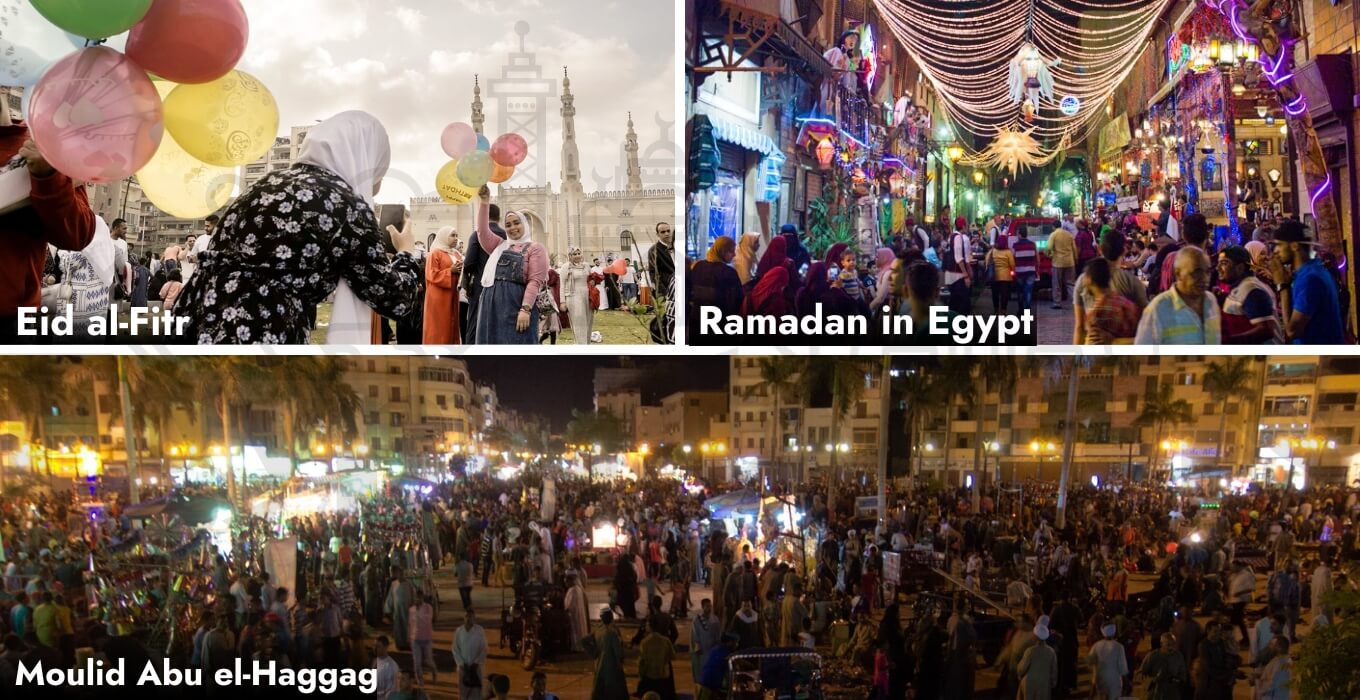
Egypt is alive with celebrations and festivals all year round. People fill the streets for music, dance, and food. These events show how Egyptian culture blends old traditions with today’s celebrations.
Religious and Cultural Festivities
Eid al-Fitr is a big festival in Egypt, ending Ramadan. Families come together for feasts and gifts. Coptic Christmas on January 7th is special for Coptic Christians, with lanterns and traditional food.
Sham El-Nessim, the “Spring Festival,” happens after Coptic Easter. Families picnic by the Nile River. They celebrate the Nile’s importance to their lives.
Music, Dance, and Delicious Cuisine
Egypt’s festivals are full of music, dance, and food. At the Isna Camel Wrestling Festival, camels wrestle during Eid al-Adha. The Luxor African Film Festival shows movies from Africa and the Middle East.
Food is a big part of Egyptian celebrations. At the Wafaa Al-Nil Festival, there’s music and boat races. Sharing food is key to the fun.
Visitors can learn a lot by joining Egypt’s festivals. They see the country’s rich culture and traditions up close.
Egypt Culture and Traditions: Diverse Religious Landscape
Egypt’s culture is rich with different religions. Most people are Sunni Muslim, but there’s also a big group of Coptic Christians. This mix makes Egypt a special place where different beliefs live together.
Islam and Coptic Christianity in Egypt
About 90% of Egyptians follow Sunni Islam. The rest, around 10%, are mostly Coptic Christians. For a long time, these two groups have lived together in peace. They have shared their cultures and traditions.
Religion is big in Egypt’s famous landmarks like the Karnak Temple Complex and the Giza Pyramids. These spots were made to honor ancient gods and goddesses. They attract people from all over the world with their stories and spiritual feel.
| Religious Affiliation | Percentage of Population |
| Sunni Muslims | Approximately 90% |
| Coptic Christians | Approximately 10% |
| Other Christian Denominations | Less than 2% |
| Shia Muslims | Approximately 1% |
| Bahá’í Faith | Between 1,000 and 2,000 persons |
Egypt’s mix of religions is a big part of its culture. It shapes its traditions, art, and buildings in big ways.
The Egyptian People and Society
The Egyptian people are known for their strong family values and close communities. These values have been key to their society for thousands of years. They value keeping strong family and social ties, seen in how they treat friends and strangers.
Family Values and Close-knit Communities
Egyptians are famous for their hospitality and generosity. They welcome visitors into their homes like family. This sense of community makes Egypt a top spot for travelers wanting a real cultural experience.
- Over five thousand years ago, the ancient Egyptian civilization began in the northeast corner of Africa.
- The Nile River, which flowed from the south, flooded annually, leaving rich dark soil ideal for farming.
- Egyptians grew a surplus of grain, leading Egypt to be known as the “breadbasket” of the ancient world.
The family is at the heart of Egyptian society. Elders are respected, and younger ones look after their parents and grandparents. This family bond goes beyond the home, with extended families living close and supporting each other.
“The family is the foundation of Egyptian society, and the values of hospitality, generosity, and community are deeply ingrained in the Egyptian way of life.”
The Egyptian people’s strong sense of family values and close-knit communities show the lasting Egyptian culture and traditions. These traditions shape how Egyptians live and interact with others, both at home and with visitors.
Intriguing Customs and Beliefs
Explore the world of Egyptian customs and beliefs. Here, ancient traditions still enchant both locals and visitors. The “shah’et el mulukhiya” technique, used by chefs, makes a unique sound when cooking a traditional dish. Burying a weasel at your doorstep is also believed to bring wealth and prosperity.
Step into the world of Egyptian superstitions and find a mix of quirky and deep beliefs. It’s believed that stepping into a room with the right foot first is good luck. Spilling coffee is also seen as a positive sign. These beliefs show the rich cultural heritage of Egyptians.
Unique Traditions and Superstitions
- The “Shah’et El Mulukhiya” tradition, where Egyptian chefs create a distinctive sound when cooking a traditional dish
- The belief that burying a weasel at one’s doorstep will bring wealth and prosperity
- The tradition of stepping into a room with the right foot first
- The superstition that spilling coffee is a good omen
- The unique “stepped slipper” tradition, where the heel is higher than the toe
- The belief that “holding the wood” can bring good luck
These customs and superstitions show the rich and diverse Egyptian culture. They invite you to explore more and find the stories behind them.
Egypt’s Rich Culinary Heritage
Egypt’s food shows off its rich culture. It mixes Nile Valley and Mediterranean flavors. This creates a unique taste experience. From spicy dishes in the heartland to seafood by the coast, Egyptian food shows the country’s long food traditions.
Flavors of the Nile Valley and Mediterranean
The Nile River has shaped Egypt’s diet. It gives fertile soil for crops like emmer wheat, used in eish baladi (pita bread). The Nile’s floods help grow many fruits, veggies, and legumes. These are key to Egypt’s vegetarian dishes.
The Mediterranean has also influenced Egyptian food. Spices like cumin and cinnamon add depth to dishes. Coastal areas are famous for grilled meats and seafood. The Nile Valley is known for dishes like molokhiya (bush okra stew) and ful medames (mashed fava beans).
Staples, Spices, and Traditional Delicacies
Egyptian food is based on simple, tasty staples. Eish baladi is a staple, along with Domiati cheese from ancient times. Aromatic spices make dishes like kebab, kofta, and shawarma special.
Street food like falafel and the hearty koshary (rice, pasta, and lentils) show Egypt’s diverse flavors. They reflect the country’s cultural mix and long food traditions.
“Egyptian cuisine is a testament to the country’s rich cultural heritage, blending the flavors of the Nile Valley and the Mediterranean to create a unique and diverse culinary experience.”
Traditional Egyptian Clothing
Egypt’s rich culture shines through its traditional clothes. Men wear flowing gallabiyyas and djellabas. Women wear vibrant cottons and black muslin headdresses. This shows how Egypt’s history shapes its fashion.
Ancient Egypt’s clothes had intricate patterns and symbols. These designs still influence today’s styles. Islamic and Coptic Christian traditions also play a part in Egyptian fashion. This mix creates a unique and beautiful look that shows Egypt’s strong cultural roots.
Diverse Styles and Influences
In ancient Egypt, rich people wore clothes made from animal fibers for special events. Men wore skirts wrapped around their waist. Women wore a simple dress called a kalasiris.
Women could also wear shawls, capes, or robes over their dresses. Jewelry was big in ancient Egypt, with gold being common and silver rare. They made jewelry from materials like turquoise, gold, and silver.
Makeup was big too. They used black kohl for eyes, eye shadow from crushed malachite, and red lip color from ochre mixed with animal fat.
Today, about 90% of men wear robes like jibbaahs, turbans, and galabiyas daily. Women wear traditional dresses, often layered with shirts or jackets. They also wear headscarves called hijabs.
Egypt’s traditional clothes still inspire people worldwide. They show the lasting impact of Egypt’s culture on fashion.
Art, Literature, and Cultural Expression
Egypt’s culture is rich and diverse in art and literature. It goes from the hieroglyphic writing system of old Egypt to the beautiful calligraphy and geometric patterns of Islamic art. This shows how deep Egypt’s culture is in its art.
The Coptic Christianity shines in the country’s religious art and manuscripts. The pharaonic era is seen in the big architecture and sculpture around. Contemporary Egyptian art and literature still take inspiration from these traditions. This makes Egypt’s culture always changing and alive.
Egypt’s culture is also shaped by its languages. Arabic is the main language, with Egyptian Arabic being very common. The Coptic language is used by the Coptic Orthodox Church. In southern Egypt, Nubian languages like Noubi and Kenuzi-Dongola are spoken by about 300,000 people.
Egypt’s literature is full of history and variety. The Rosetta Stone helped us understand the ancient hieroglyphic writing system. Alexandria was a big center for literature in the past, with a huge library.
Now, modern Arabic-language literature in Egypt is led by authors like Naguib Mahfouz. He was the first Arabic writer to win the Nobel Prize in Literature.
Vernacular poetry is very popular in Egypt. Poets like Bayram el-Tunsi, Ahmed Fouad Negm (Fagumi), Salah Jaheen, and Abdel Rahman el-Abnudi are loved for their moving poetry. The visual arts in Egypt also have a long history, with artists like Mahmoud Mokhtar making a mark in modern and contemporary Egyptian art.
FAQs: Egypt Culture and Traditions
Why is Egypt such a famous culture?
Egypt is world-famous for its unique blend of ancient mystique, captivating history, and enduring cultural influence. It boasts a civilization that thrived over 5,000 years ago, giving birth to remarkable architectural marvels like the Pyramids of Giza and the Sphinx. Egypt’s culture draws global fascination because it was among the earliest to develop a writing system, advanced mathematics, and monumental art. Its mythology and spiritual beliefs, centered around gods and the afterlife, continue to inspire modern stories and pop culture, from museums to movies. The country’s contributions to art, architecture, and philosophy are still felt today, cementing its reputation as a cradle of civilization.
What is Egypt famous for?
Egypt is primarily famous for its ancient history, specifically the towering Pyramids of Giza, the Great Sphinx, and the Valley of the Kings where the tomb of King Tutankhamun was discovered. It’s also celebrated for the Nile River, which was the lifeblood of its civilization. Beyond these, Egypt is renowned for its intricate hieroglyphics, mesmerizing temples like Luxor and Karnak, and its rich mythology, featuring gods like Ra, Anubis, and Isis. Modern Egypt is known for vibrant bazaars, stunning Red Sea resorts, and a culture deeply rooted in tradition yet evolving with modernity.
What were the life culture traditions and beliefs in ancient Egypt?
Life in ancient Egypt revolved around the gods, the Nile River, and a strong belief in the afterlife. Egyptians saw life as a journey that continued after death, and they dedicated great resources to ensuring safe passage into the next world. Mummification, elaborate tombs, and the use of magical spells and charms were all essential elements of their belief in immortality. Pharaohs were not just kings but were considered gods on earth, linking the human and divine realms. Daily life was rich with traditions, such as offerings to the gods, festivals honoring deities, and family-centered rituals. Respect for nature and a deep spiritual connection to the cosmos shaped their culture. The balance of order (Ma’at) and chaos (Isfet) governed their worldview, influencing everything from their legal systems to personal behavior.
What is the most common culture in Egypt?
The most common culture in modern Egypt blends Islamic traditions with ancient Egyptian heritage and regional customs. While Islam is the dominant religion, shaping much of Egypt’s social norms, festivals, and daily life, traces of ancient Egyptian culture, particularly in art, symbolism, and folklore, still exist. Egyptian hospitality, respect for family, and a communal sense of identity are central aspects of life. Arabic is the primary language, and Egyptians celebrate Islamic holidays like Ramadan and Eid, while maintaining a deep connection to their rich historical past. Whether in bustling cities like Cairo or in rural areas, Egyptians place a strong emphasis on family, respect, and hospitality.
What are 5 historical facts about Egypt?
- The Pyramids of Giza are the last of the Seven Wonders of the Ancient World still standing, a testament to ancient Egypt’s architectural prowess.
- Cleopatra VII, one of Egypt’s most famous figures, was not ethnically Egyptian but of Macedonian Greek descent, part of the Ptolemaic dynasty.
- The ancient Egyptians were pioneers in medical practices, including performing surgeries and creating medical texts that influenced future civilizations.
- The Rosetta Stone, discovered in 1799, was the key to deciphering Egyptian hieroglyphics, unlocking the secrets of their writing system after centuries of mystery.
- The Egyptians were among the first to create a calendar based on a 365-day year, using the cycles of the Nile and celestial bodies to guide agricultural and religious events.
Conclusion: Egypt Culture and Traditions
Egypt’s culture is rich and vibrant, shaped by over 4,500 years of history. This shows the lasting impact of ancient Egyptian civilization. Even today, many old traditions and customs are still alive, mixing old and new in modern Egypt.
The Egyptian people are known for their warm hospitality. The country has a mix of religions, lively celebrations, and a deep culinary heritage. Art and literature also play a big part in Egyptian culture.
Travelers can dive into this living culture and see how ancient Egypt still touches the modern world. By exploring Egypt’s heritage, visitors learn about its lasting importance. At Egypt Planners, we aim to give travelers a real and meaningful experience of Egypt’s cultural treasures.
Egypt’s culture and traditions offer a special experience for visitors. You can enjoy the vibrant festivals, explore different religions, or taste the delicious food of the Nile Valley and Mediterranean. Egypt is a mix of the past and present that will stay with you. At Egypt Planners, we invite you to start a journey through this amazing country and get lost in its cultural heritage.
Related Articles:
